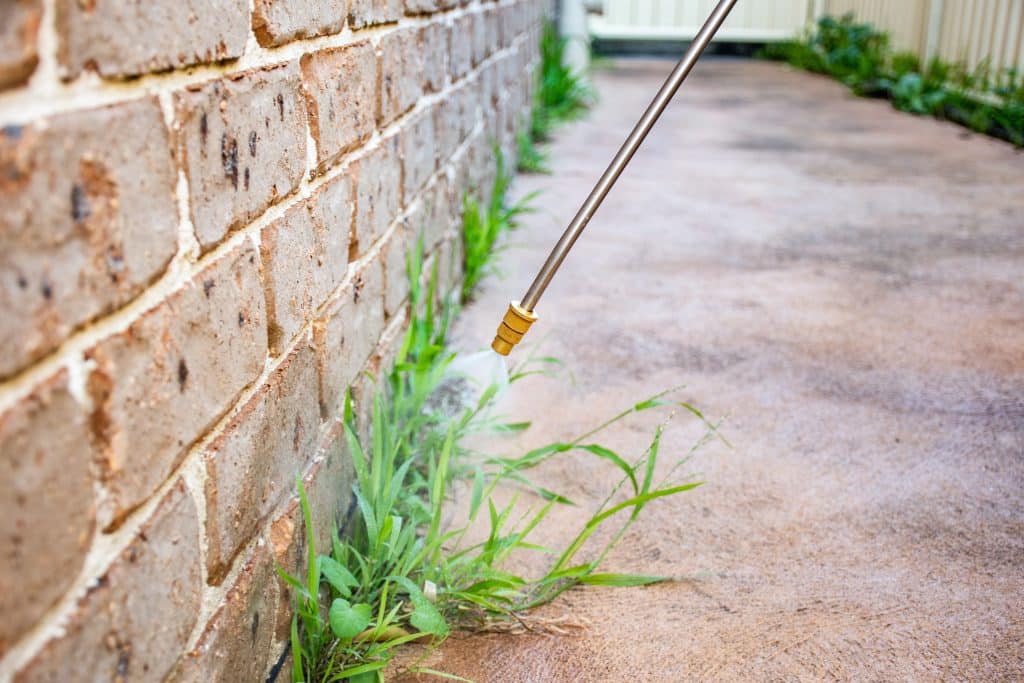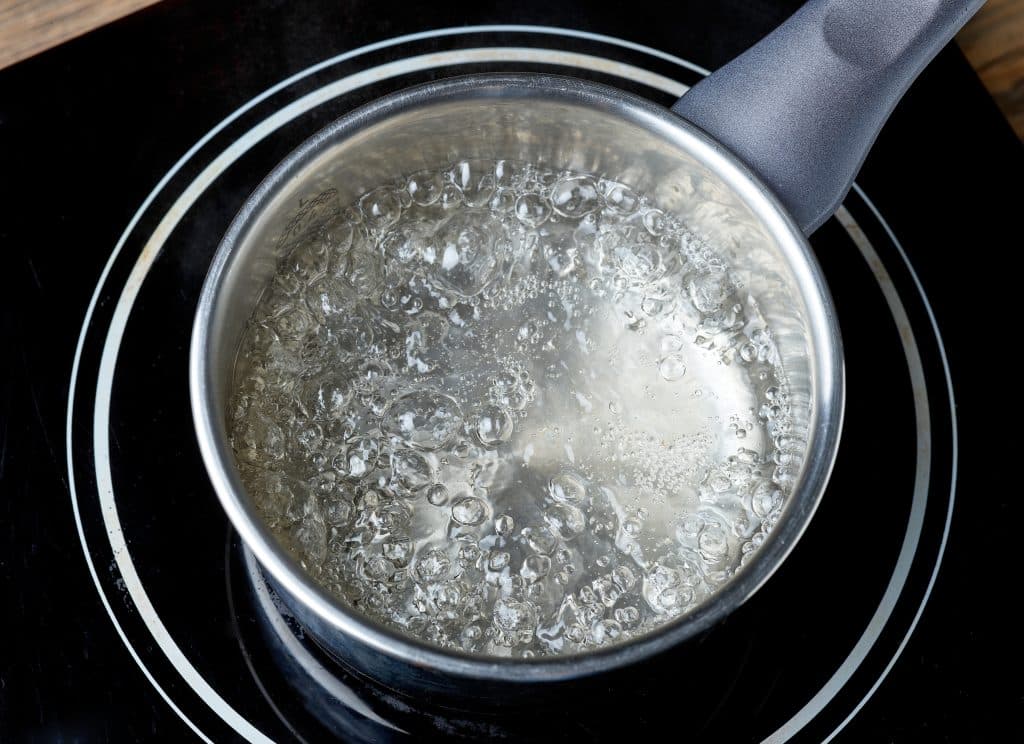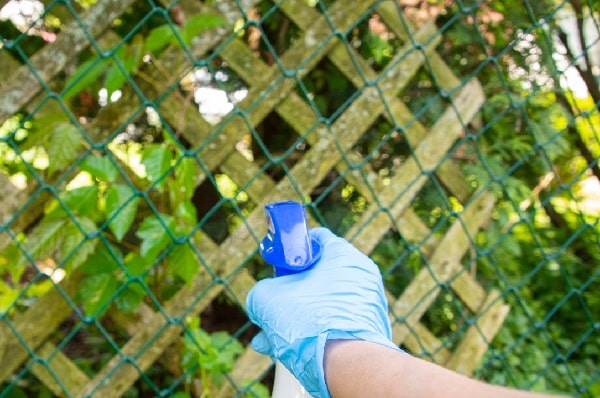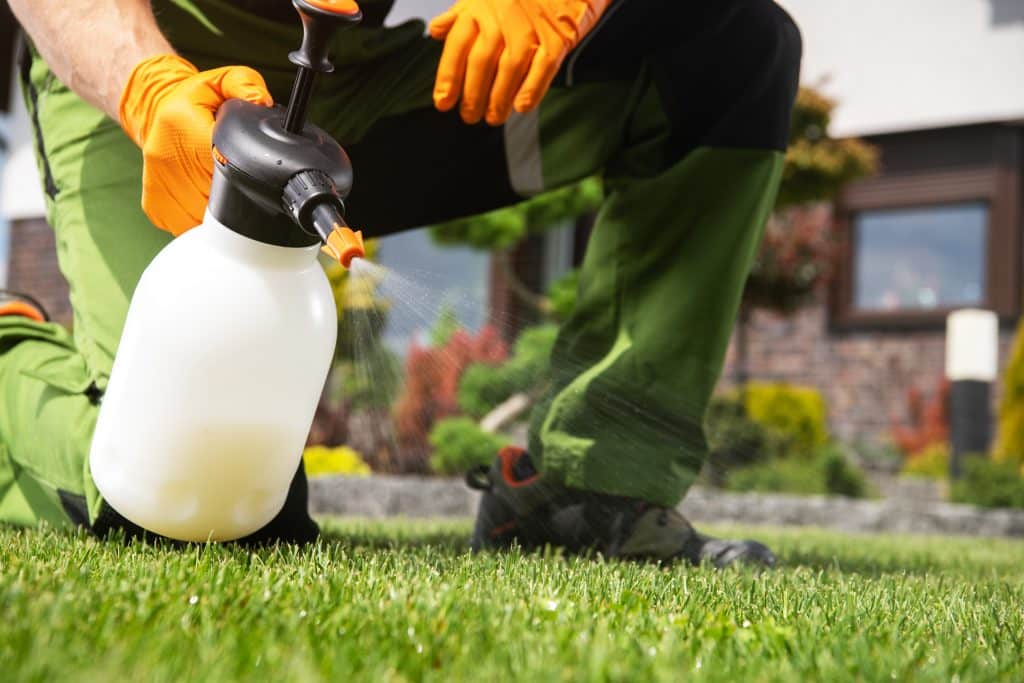Picture a lush, vibrant garden where each plant thrives, unmarred by the invasion of pesky weeds. Now, consider achieving this idyllic scene without resorting to chemical weed killers that can harm the environment and pose risks to pets and humans. This post will guide you through the journey of creating your own natural weed killer. You’ll learn about the benefits of organic solutions, the types of natural weed killers available, and step-by-step instructions for making them at home. Let’s dive in and explore how to maintain a beautiful garden the natural way!
Contents
- 1 The Perks Of Going Natural For Weed Control
- 2 An Overview Of Organic Weed Control Options
- 3 Essential Components For DIY Weed Killers
- 4 Crafting Your Own Vinegar Weed Eliminator
- 5 Creating A Salt Solution For Weed Management
- 6 The Boiling Water Technique For Weed Eradication
- 7 Best Practices For Applying Your Natural Weed Killer
- 8 Natural Vs. Chemical: A Comparative Analysis
- 9 The Green Path Forward In Weed Management
The Perks Of Going Natural For Weed Control

Chemical weed killers may offer quick results, but they come with a host of drawbacks. These chemicals can leach into the soil, contaminating water sources and harming beneficial microorganisms. Moreover, they can pose health risks to pets who may ingest the treated grass or soil and even to humans who come into contact with them.
On the other hand, natural weed killers are not only eco-friendly but also safe for both pets and humans. They are often made from household items, making them cost-effective as well. By opting for natural solutions, you’re making a responsible choice for the well-being of your garden, your family, and the planet.
An Overview Of Organic Weed Control Options

When it comes to natural weed control, you have a variety of options at your disposal. Vinegar-based solutions are popular due to their acidity, which can effectively kill weeds. Salt-based solutions are another alternative, particularly useful for areas where you don’t want anything to grow. Boiling water is the simplest method, ideal for weeds growing in cracks in driveways or sidewalks.
Each of these options has its own set of advantages and disadvantages. For instance, vinegar is highly effective but can also harm other plants if not applied carefully. Salt is potent but can degrade soil quality. Boiling water is safe but needs to be applied more frequently. Understanding these nuances will help you choose the best method for your specific needs.
Essential Components For DIY Weed Killers

Before you start mixing your natural weed killer, it’s crucial to gather all the necessary ingredients. Most of the items can be found in your kitchen, like vinegar, salt, and dish soap. For vinegar-based solutions, a higher concentration of acetic acid is more effective, so opt for horticultural vinegar if possible.
If you’re looking for specialty items, such as citric acid or essential oils, to enhance the weed-killing power, these can often be found in gardening stores or online. Having all your ingredients ready will streamline the process, making it easier to whip up your natural weed killer whenever you need it.
Crafting Your Own Vinegar Weed Eliminator

Creating a vinegar-based weed killer is a straightforward process. All you need is vinegar, water, and a few drops of dish soap. The dish soap acts as a surfactant, helping the vinegar adhere to the weeds more effectively. Mix these ingredients in a spray bottle, and you’re ready to go. However, it’s essential to note that vinegar is non-selective; it will harm any plant it comes into contact with, so apply it carefully.
The best time to apply your vinegar solution is on a sunny, windless day. Sunlight accelerates the vinegar’s weed-killing properties, and a lack of wind ensures the spray doesn’t drift onto plants you wish to keep. Always wear gloves and eye protection to avoid any accidental splashes, and keep pets and children away from the treated area until it’s dry.
Creating A Salt Solution For Weed Management

Salt is another effective, natural weed killer that’s easy to make. Simply dissolve salt in water to create a concentrated solution. The salt dehydrates the weeds, effectively killing them. However, be cautious when using salt solutions, as they can severely degrade soil quality, making it uninhabitable for other plants.
To apply the salt solution, you can either spray it directly onto the weeds or pour it at the base. This method is particularly useful for areas where you don’t want any vegetation, like driveways or walkways. As with vinegar, it’s advisable to apply the salt solution on a sunny, calm day and to take necessary safety precautions, including wearing gloves and eye protection.
The Boiling Water Technique For Weed Eradication

Boiling water is perhaps the simplest and safest method for weed control. It’s especially effective for weeds growing in cracks or seams in driveways and sidewalks. Pouring boiling water on weeds causes the cells to rupture, leading to the plant’s death.
While boiling water is safe for humans and pets, it’s still hot and can cause burns. Always handle it with care, using a kettle with a long spout for precise application. Like other methods, boiling water is non-selective, so aim carefully to avoid damaging desirable plants.
Best Practices For Applying Your Natural Weed Killer

Once you’ve chosen your natural weed killer, the next step is effective application. Timing is crucial; early morning or late afternoon is often the best time to tackle weeds, as this is when they are most vulnerable. Additionally, consider the weather forecast; rain can wash away your efforts, so aim for a dry spell.
The frequency of application will depend on the method you’ve chosen. Vinegar and salt solutions may require fewer applications while boiling water might need to be applied more often. Always follow safety precautions, such as wearing gloves and eye protection, and keep pets and children away from treated areas until they are safe to enter.
Natural Vs. Chemical: A Comparative Analysis

When weighing the pros and cons of natural versus chemical weed killers, it’s essential to consider both short-term and long-term effects. Natural methods may require more frequent application but offer the benefits of being eco-friendly and safe for pets and humans. Chemical options may provide quick results but at the cost of environmental degradation and potential health risks.
Data and anecdotal evidence both suggest that natural weed killers can be just as effective as their chemical counterparts when used correctly. The key is understanding the specific needs of your garden and choosing the method that aligns with your sustainability goals and safety concerns.
The Green Path Forward In Weed Management
Navigating through the maze of natural weed control options, you’ve gained the insights and tools needed for a healthier garden and planet. Now, the garden of your dreams is within reach, and it doesn’t require harmful chemicals to thrive. Take the leap into eco-friendly weed management; your plants, pets, and the environment will all reap the benefits. So, what are you waiting for? Your garden is your canvas, and you now have the eco-friendly palette to make it a masterpiece. Time to get those hands dirty!



